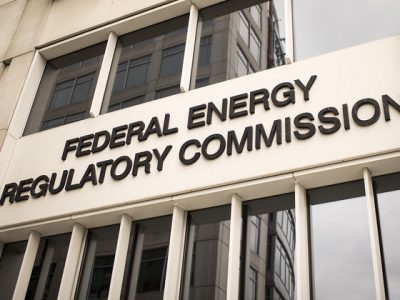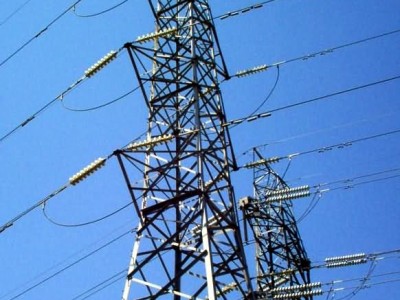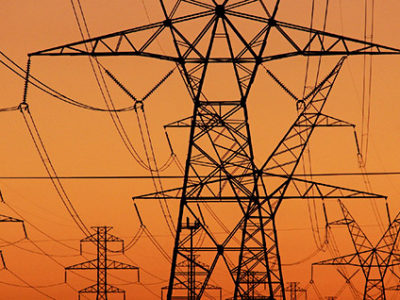capacity markets
Reviewing Agency Indecision
The Third Circuit straightens out a quirk in FERC law, to the benefit of renewable energy.
A case decided by the Third Circuit on Dec. 1 is important for two reasons. It clarifies a puzzling procedural rule applying to the Federal Energy Regulatory Commission (FERC). And it upholds an important policy shift regarding renewable energy by the country’s largest grid operator. Since you’re probably more interested in the second point than …
Continue reading “Reviewing Agency Indecision”
CONTINUE READINGReviewing Agency Indecision
The Third Circuit straightens out a quirk in FERC law, to the benefit of renewable energy.
A case decided by the Third Circuit last week is important for two reasons. It clarifies an important procedural issue applying to the Federal Energy Regulatory Commission (FERC). And it upholds an important policy shift regarding renewable energy by the country’s largest grid operator. Since you’re probably more interested in the second point than the …
Continue reading “Reviewing Agency Indecision”
CONTINUE READINGTime to End FERC’s Misguided Effort to Fix Wholesale Power Prices
A FERC ruling tilts the playing field against renewable energy. It should be repealed.
In 2018, the Federal Energy Regulatory Commission (FERC) decided that state clean energy policies were distorting energy markets operated by PJM, the country’s largest grid region. That, at least, was the view of the Commissioners who were appointed by Republican presidents. PJM, which runs the electricity grid more or less from Chicago to Maryland, has …
Continue reading “Time to End FERC’s Misguided Effort to Fix Wholesale Power Prices”
CONTINUE READINGCharging Consumers for Imaginary Power Needs
FERC is distorting energy markets in the name of perfect competition.
Last year, the GOP majority on FERC decided that state clean energy policies were distorting energy markets in the country’s largest grid region. Because they provided incentives for power producers, FERC ruled, those policies should be considered subsidies. It directed grid operators to introduce new policies to counter those subsidies and halt the dreadful onslaught …
Continue reading “Charging Consumers for Imaginary Power Needs”
CONTINUE READING






